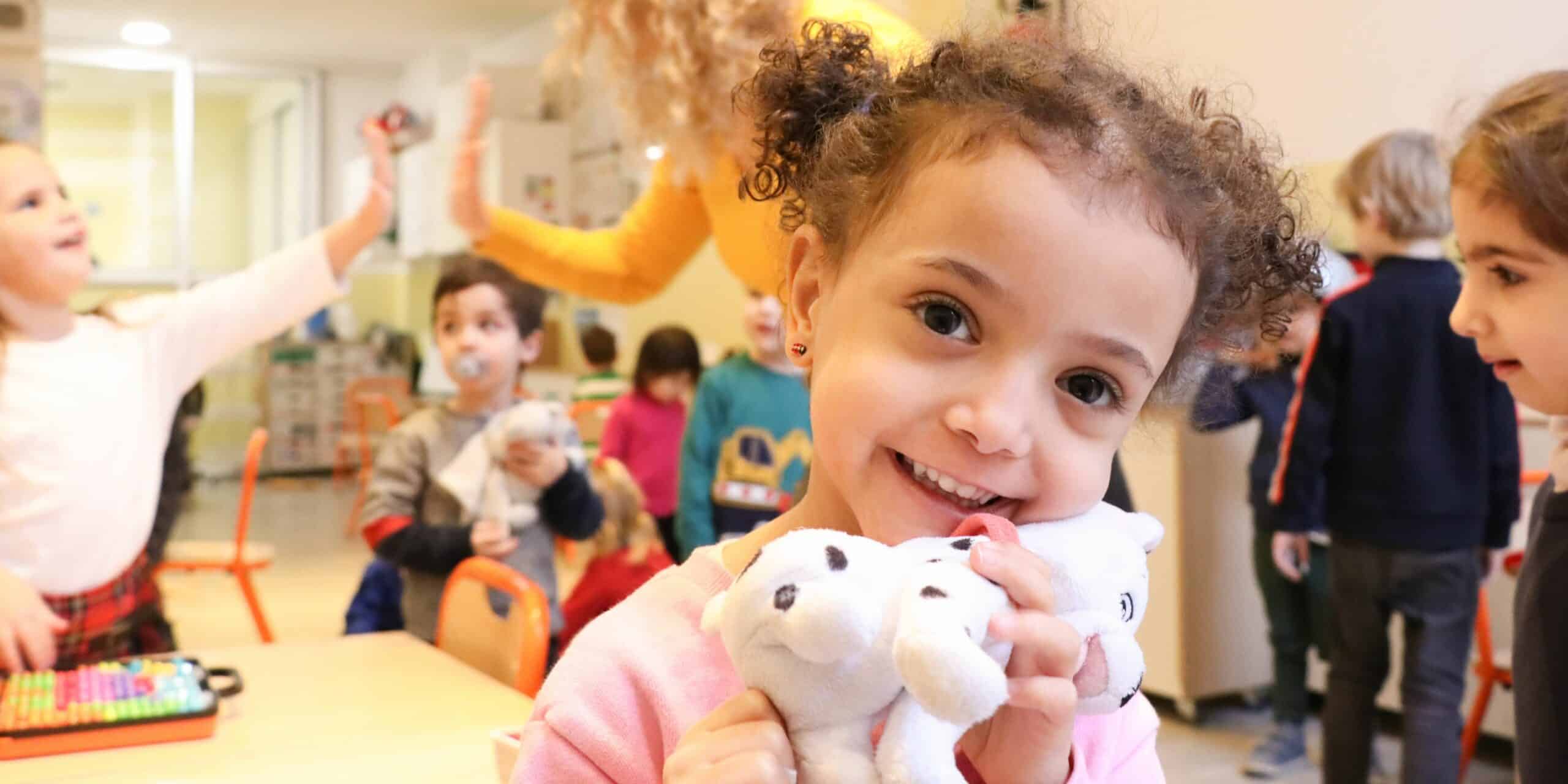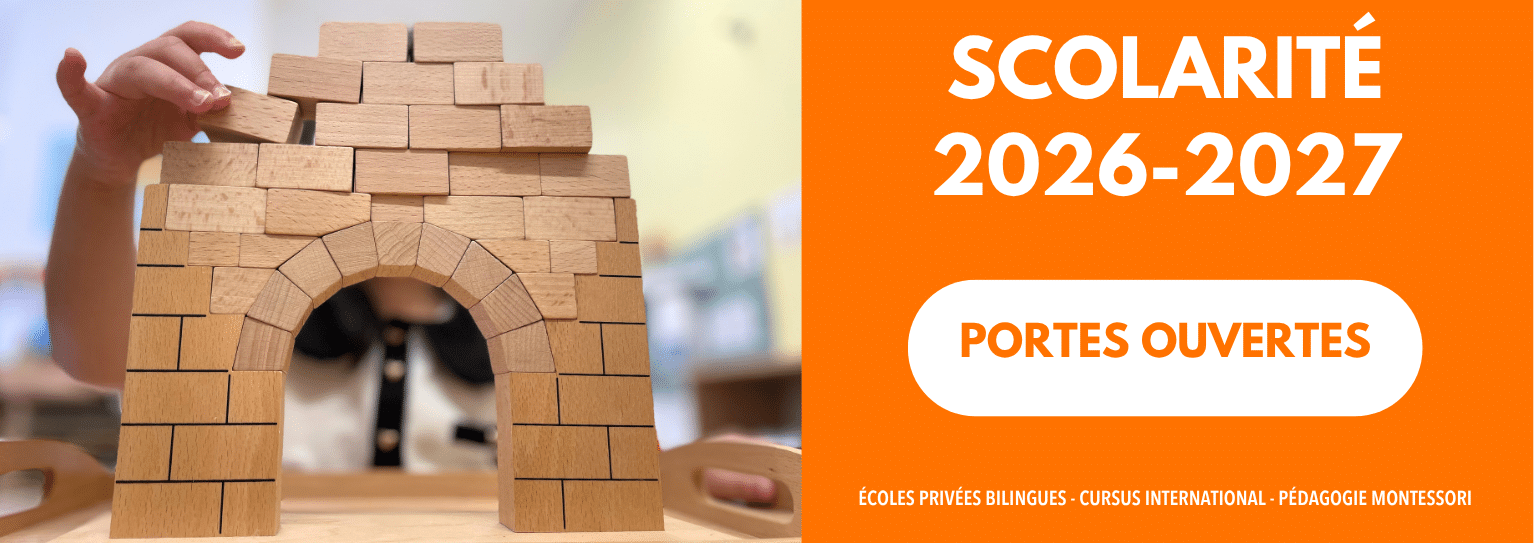Why enroll your 2-year-old in a Montessori kindergarten?
Here are a few keys that a Montessori school can provide for your child:
Developing autonomy
Children are encouraged to choose and practice educational activities on their own. This helps to develop self-confidence and free will, two essential qualities for the development of the child.
Sensory stimulation
Kindergarten students like to learn by using their senses and engaging their bodies in learning. Montessori pedagogy - which considers the hand to be the primary tool that shapes intelligence - provides access to a multitude of practical, concrete activities. These activities enable children to enjoy acquiring the academic skills expected in Cycle 1.
Respecting each child's rhythm
Each child is unique and develops at his or her own pace. Montessori's pedagogical approach, which is based on the principle of personalized attention to each pupil, enables us to respect each child's individual learning stages. As children progress steadily and steadily through their school career, they develop an appetite for school, with enthusiasm and without pressure.
Prepared environment
Montessori classrooms, also known as "ambiances", are designed to be attractive and structuring for pupils. They feature shelves at children's height, with all teaching materials adapted to their size and stage of development.
Hands-on learning
At the end of her years of research, Maria Montessori favored individualized, hands-on learning. Children are encouraged to manipulate pedagogical tools and take part in practical workshops to integrate the major concepts - linguistic and mathematical in particular - included in the kindergarten curriculum.
Social development
Class groups are made up of children from Petite, Moyenne and Grande sections, all working together in the same environment. This triple level encourages cooperation, empathy and respect. In a Montessori classroom, the older children become accessible role models for the younger ones, and are given some responsibility for simple tasks. In this way, they verbalize the knowledge they have acquired and apply valuable social and language skills. The little ones, for their part, are stimulated in their learning by sharing the same space on a daily basis, which stimulates their curiosity and desire to progress, "just like grown-ups".
Intrinsic motivation
In a Montessori environment, children are motivated by the desire to learn and discover for themselves, without the need for external reward. In the Montessori philosophy, the child is encouraged to work by himself and for himself, which gives pleasure and enthusiasm throughout kindergarten.
At the age of 2, enrolling in a Montessori school is a bulwark against the boredom many children can experience at day nursery or at home!



